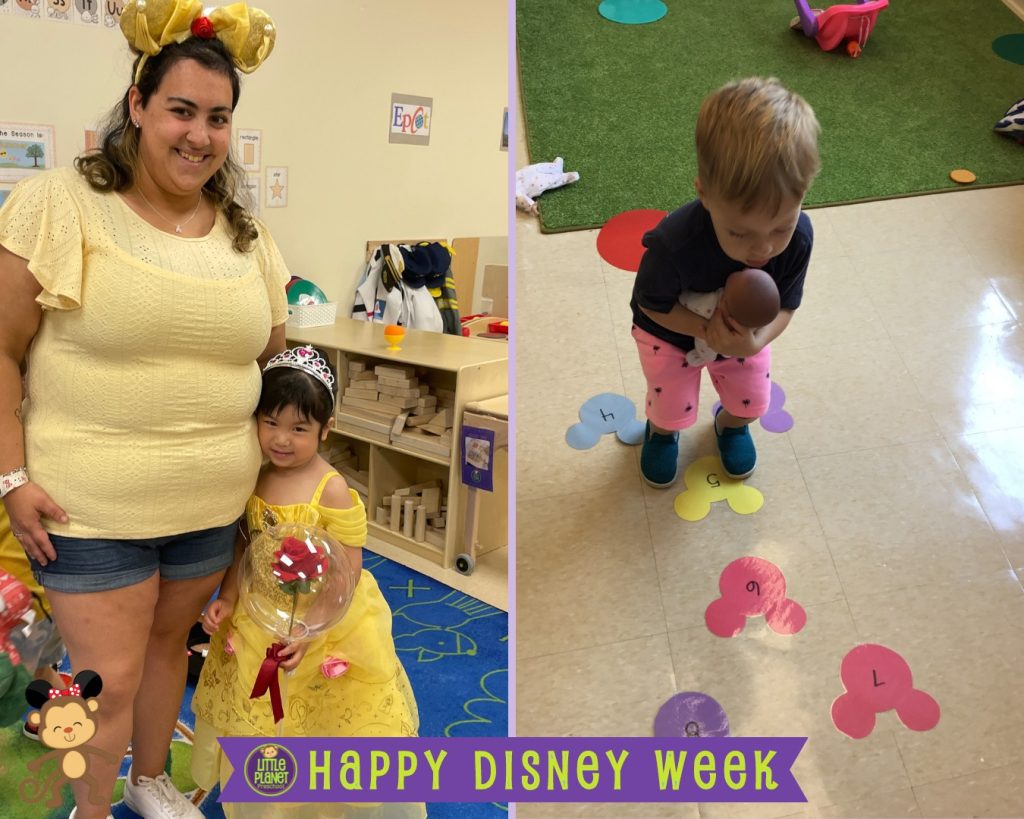In today’s educational landscape, the importance of a physically active lifestyle right from the early years is increasingly recognized. This is especially evident at Little Planet Preschool, where a unique emphasis is placed on physical activity to promote the healthy development of its students. One of the core philosophies that guide the curriculum here is “Learning to Move, Moving to Learn.” But what exactly does movement-based learning entail, and how does it benefit preschoolers? This blog aims to delve into the myriad benefits associated with movement-based learning for our young learners.
Understanding Movement-Based Learning:
Movement-based learning is a pedagogical approach that incorporates physical activity into the learning process. It’s not just about physical education classes but making movement an integral part of the academic curriculum. An NPR article underscores the need for a balanced focus on both the quality and quantity of physical activities for children, advocating for more schools to integrate movement into their learning paradigms.
Benefits of Movement-Based Learning:
Cognitive Development:
– Enhanced Brain Function and Academic Performance: Movement stimulates brain function and enhances memory, concentration, and academic performance.
– Fostering Creativity and Problem-Solving Skills: Movement-based activities encourage creative thinking and problem-solving skills, making learning a more engaging and enjoyable experience.
Physical Development:
– Promoting Muscle Strength, Coordination, and Motor Skills: Regular physical activity is crucial for the development of fine and gross motor skills, muscle strength, and coordination.
– Aligning with National Guidelines: The Physical Activity Guidelines for Americans highlight the importance of active play for preschool-aged children, which is a core component of the curriculum at Little Planet Preschool.
Social-Emotional Development:
– Encouraging Social Interaction and Teamwork: Movement-based activities provide natural opportunities for social interaction, cooperation, and teamwork.
– Developing Self-Esteem and Confidence: Achieving physical milestones boosts self-esteem and confidence in preschoolers.
Incorporating Movement into the Curriculum:
At Little Planet Preschool, the “Learning to Move, Moving to Learn” philosophy is not just a tagline but a practical approach ingrained in the curriculum. The preschool environment is designed to provide ample opportunities for movement, be it through dance, games, or outdoor play, making learning a joyful and active experience.
Role of Educators and Parents:
The success of movement-based learning largely hinges on the commitment and expertise of educators, coupled with supportive parents who continue to value physical activity at home. The guidelines provided by health.gov serve as a useful resource for parents and educators striving to promote a physically active lifestyle among preschoolers.
Evaluating the Impact:
Assessment mechanisms are in place to evaluate the positive impact of movement-based learning on the children’s cognitive, physical, and social-emotional development. Success stories and testimonials from Little Planet Preschool are a testament to the effectiveness of this approach.
Future of Movement-Based Learning:
With ongoing research and evolving educational practices, the horizon of movement-based learning is expanding. It’s an exciting journey that promises a holistic developmental experience for preschoolers.
The manifold benefits of movement-based learning underscore the importance of a physically active early childhood education. At Little Planet Preschool, the joy of movement is seamlessly blended with the joy of learning, nurturing well-rounded, confident, and happy learners. Parents and educators alike are encouraged to advocate for movement-based learning as a staple in preschool education, laying a strong foundation for a lifetime of active learning and healthy living.

